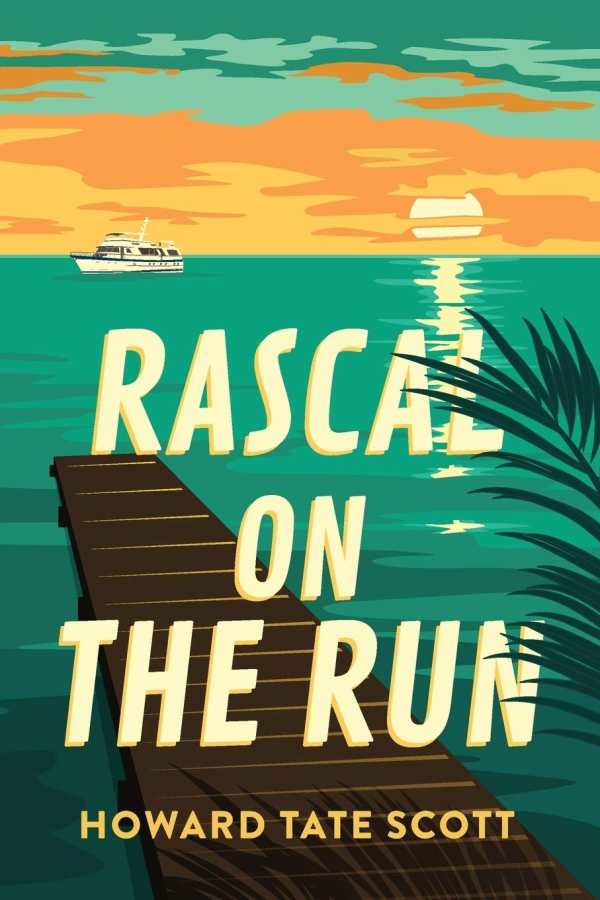Rascal on the Run
Rascal on the Run is a drawling Southern legal tale from an impressive new talent.
Howard Tate Scott’s Southern crime novel Rascal on the Run moves, with charm and swagger, through generations of crime and justice in a North Georgia town.
August Guilford Stillwell III is the well-heeled son of a respected Athens, Georgia, lawyer who goes by Guy. Guy made a name for himself defending those whom others would not, including people of color and Georgians of ill repute. He caught hell for it, but maintained a principled stance: bless your heart if you don’t recognize that defending the rights of those at the margins protects the rights of all (a notion not at odds with another personal directive of Guy’s: “God damn a man who won’t commit a felony for a friend.”).
In 1988, after decades of practice, Guy is nearing retirement. His son—known affectionately as Critter—is poised to take over. Critter appreciates the law out of a sense of family pride, but also dreams of becoming “rich enough to buy a yacht … leave Georgia behind, and spend the rest of [his] days sailing exotic seas.” Both men’s plans are complicated when a missing business associate of Guy’s catches the attention of Unsolved Mysteries, and a murder case that went cold in the 1960s is suddenly set to reach the courtroom. It’s up to Critter to defend the reemerged lead suspect. Doing so requires revisiting memories from the sultry, tumultuous 1960s, and finally reckoning with the inheritances of his outwardly proper Southern town.
Scott’s cast is rich and involving. It includes not just the Stillwells, but those whom they’ve worked with, and clashed with, for generations. Critter’s younger sister, Tatum, is a whiz at navigating emerging technologies, and is the firm’s unofficial PI; his eldest sister, Bootsy, is a free-spirited divorcee multiple times over who’s wont to declare Gone with the Wind a work of satire—and to poke at her sometimes troublesome father as a matter of sport. Critter is supported outside of the office by his society mother, whose liberalism has always rubbed others the wrong way; by a bartender who’s faster to share advice than her real name; and by King, a founding firm partner with secrets of his own. Opposite Critter in court are men with family grudges that date back to WWII, and an impressive judge who broke barriers when she studied at UGA’s law school. All are constructed in colorful, humanizing detail.
The book’s settings are also developed with appealing attention, capturing Southern culture, and its evolution, across decades. Critter observes racism, cronyism, political machinations, and Confederate nostalgia in blunt terms, but also fondly notes evidence of family loyalties, and of jovial deviations from social expectations. The peculiarities and gentility of Athens are noted in unobtrusive turn, contributing to the book’s singular irresistibility. And though the book’s conclusions depart a bit too loudly from To Kill a Mockingbird, whose Atticus becomes Guy’s unofficial nemesis, they are also surprising and delightful.
As sweet and biting as a mint julep on a steamy Athens, Georgia, day, Rascal on the Run is a drawling Southern legal tale from an impressive new talent.
Reviewed by
Michelle Anne Schingler
Disclosure: This article is not an endorsement, but a review. The publisher of this book provided free copies of the book and paid a small fee to have their book reviewed by a professional reviewer. Foreword Reviews and Clarion Reviews make no guarantee that the publisher will receive a positive review. Foreword Magazine, Inc. is disclosing this in accordance with the Federal Trade Commission’s 16 CFR, Part 255.

